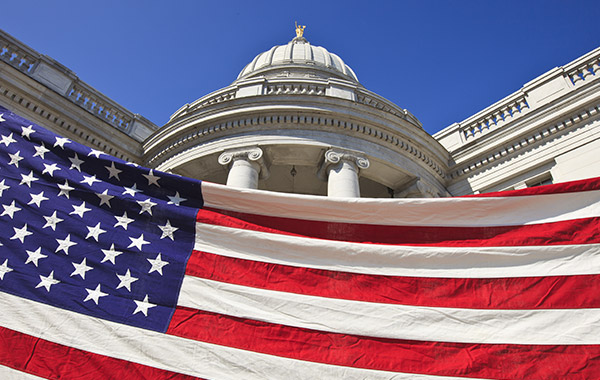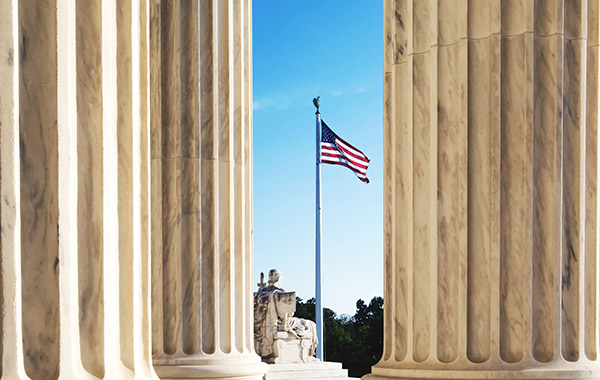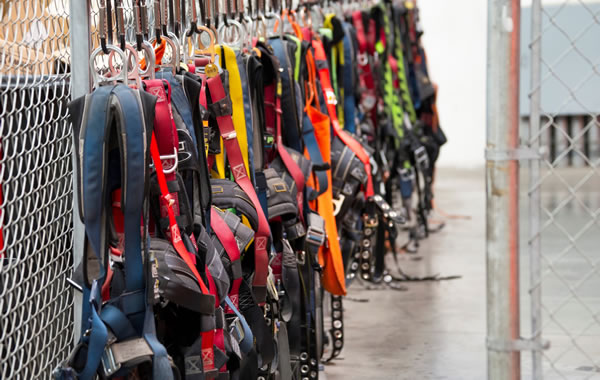Government Contracting Database
Federal Acquisition Streamlining Act
Federal Acquisition Streamlining Act
On October 13, 1994, President Clinton signed into law the Federal Acquisition Streamlining Act of 1994 (FASA). The comprehensive acquisition reform legislation streamlines the federal government’s acquisition system and dramatically changes the way the government performs its contracting functions. Generally, the statute seeks to: (1) increase the government’s reliance on commercial goods and services; (2) streamline the procurement process for high – volume, low – value acquisitions; (3) improve access by small businesses to government contracting opportunities; (4) improve the bid protest process; and (5) extend the Truth in Negotiations Act to civilian agencies and raise the threshold for submitting certified cost or pricing data under that Act.
Acquiring Commercial Items
A key provision in FASA is the strongly stated preference for buying commercial “off – the – shelf’ items, rather than purchasing through the detailed bidding process for government-unique items. To encourage the private sector to sell to the government, the statute defines commercial items more broadly and eliminates numerous statutory requirements for purchases of such items.
The definition of commercial items is expanded to include items that are sold in substantial quantities in the commercial marketplace, such as computer software. Also included in the definition are commercial items that are based on evolving technology that may not be currently available in the marketplace, but will be available in time to satisfy government requirements. In addition, the FASA reduces impediments to the government’s purchase of commercial items by exempting such purchases from over thirty statutes that contain requirements unique to government procurements. The goal of these changes is to simplify the procurement process for companies who do not ordinarily sell to the government.
Simplified Acquisition Threshold
The FASA also raised the threshold for the government’s use of simplified acquisition procedures from $25,000 to $100,000, but this has been further increased to $250,000 as of last year. 41 U.S.C. § 134. By raising the simplified acquisition threshold to $250,000, FASA vastly streamlines how the government will procure most goods and services.
For simplified acquisitions, government contracting officials can avoid much of the “red tape” that slows down the purchase of goods and services. Simplified acquisition not only lessens the government’s burden, but also reduces the time and resources a contractor must spend ensuring that its product meets peculiar government standards.
Protests and Claims
FASA also addresses issues relating to bid protests and contractor claims. Under certain circumstances, contractors can file formal challenges or bid protests, against unfavorable terms in a government solicitation or to contest the government’s decision to award a contract to a competitor. The FASA strives to reduce the number of bid protests by requiring that prospective contractors who are not selected for award be given information about the government’s decision in a more timely fashion.
FASA now provides that within five days after the government receives a request for information, unsuccessful offerors will be debriefed by the government and told why their offer was not accepted and the basis for the government’s selection decision. Under certain circumstances, contractors can file claims against the government for increased costs caused by the government’s actions during performance of the contract. FASA requires contractors to certify any claim that exceeds the simplified acquisition threshold. 10 U.S.C. § 2410.
Small Business Procedures
The government has adopted policies designed to assist various types of small and disadvantaged businesses and to ensure that Congress’ socioeconomic objectives are met. To implement these policies, under certain circumstances, the government may provide contracting preferences for small businesses, small disadvantaged businesses, women-owned businesses, and contractors performing in a labor surplus area. This effort has been expanded by the FASA.
Truth In Negotiations
FASA raises the Truth in Negotiations Act (TINA) threshold for submitting certified cost or pricing data from $100,000 to $500,000. The statute also extends TINAs application from the Defense Department to civilian agencies. In 2018 the National Defense Authorization Act (“NDAA”) further increased this threshold to $2,000,000. TINA is generally designed to ensure that when the government buys at a price that has not been tested in the competitive marketplace, the government is put on an equal footing with its contractors. Raising the threshold to $2,000,000 for certified cost or pricing data is intended to reduce the risk of inaccurate cost or pricing data submissions and to lessen the contractor’s burden of compiling such data.
Updated: July 13, 2018
Looking for additional government contracting resources?
Search Our Database





























